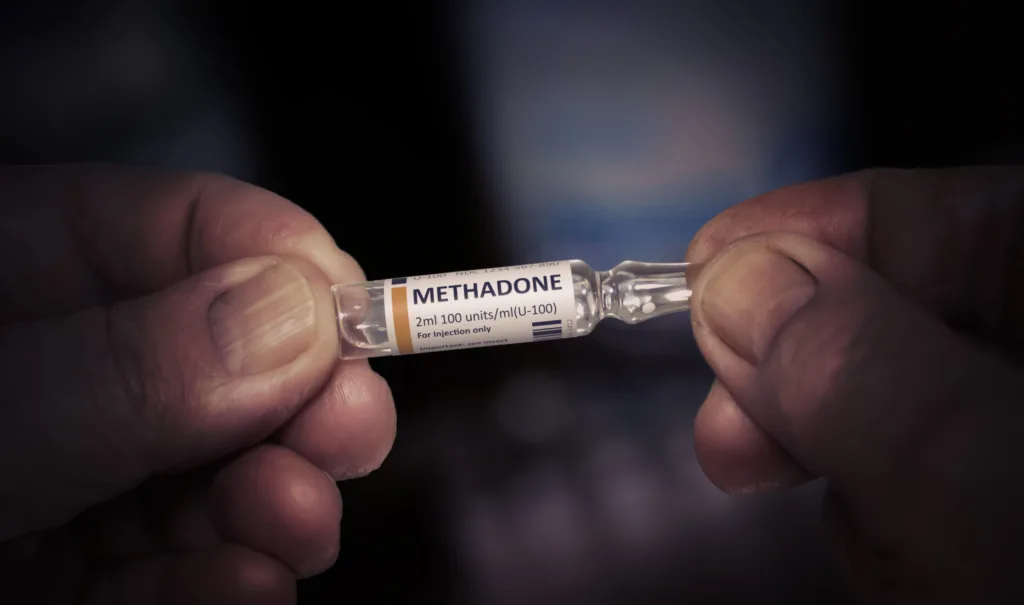Understanding Xylazine’s Role in the Opioid Crisis

The opioid crisis is an ever-evolving, ever-threatening issue the United States faces. Part of this ever-evolving process includes the adulteration of known illegal drugs (fentanyl, heroin) with substances like cornstarch or flour to increase profit-making schemes.
But not all adulterations are made from ingredients found in a kitchen pantry – many are mixed with other drugs to reduce costs and still cause drug-related effects. One such drug finding its way into the scene is xylazine.
What is xylazine?
“Xylazine is a non-opiate sedative, analgesic, and muscle relaxant only authorized in the United
States for veterinary use according to the U.S. Food and Drug Administration.” Xylazine is often used in the veterinary field in conjunction with ketamine to anesthetize animals undergoing surgical operations. While xylazine is not a benzodiazepine, it does have similar depressant effects on the body.
Xylazine was declared “unsafe for humans” in the 1960s and has never been approved for human use due to the risks of severe CNS depression and eschars requiring amputation in some humans.” While the scheduling of xylazine is a process currently under examination, certain states have scheduled xylazine anywhere between schedule I-IV in both veterinary and human medicine.
While still not a controlled substance, it is now more commonly seen in cases of overdose involving other controlled substances, including fentanyl, cocaine, heroin, benzodiazepines and more.
One source even claimed, “Xylazine is making the deadliest drug threat” our country has ever faced, fentanyl, even deadlier. The DEA has seized xylazine and fentanyl mixtures in 48 of 50 States. The DEA Laboratory System is reporting that in 2022 approximately 23 percent of fentanyl powder and seven percent of fentanyl pills seized by the DEA contained xylazine.”
This newer form of drug adulteration poses the threat of worsening the opioid crisis and causing more harm; oftentimes, xylazine is mixed with other commonly abused drugs “to enhance drug effects or increase street value by increasing their weight,” thereby maximizing the risk of overdose and death.
Xylazine use in humans
Xylazine was not created for human use, posing a great risk to those who use it (knowingly or unknowingly). The negative effects of xylazine as a central nervous system depressant on humans include:
- Dangerous drop in blood pressure;
- Slowed heart rate;
- Trouble breathing;
- Sedation and drowsiness;
- Skin ulcers;
- Abscesses;
- Amnesia.
When combined with other CNS depressants, including opioids and benzodiazepines, xylazine can have a drastic effect on normal functioning and can rapidly lead to overdose and death.
Oftentimes in the event of a drug overdose, it is recommended to administer naloxone to help reverse the effects long enough to get emergency medical assistance. Xylazine, however, does not respond to naloxone in the way in which other opioids respond, and therefore does not reverse xylazine’s effects on breathing.
If an overdose is suspected, it is recommended to administer naloxone in any case because of how often xylazine is combined with other drugs that do respond to naloxone.
Resources for drug use
Not many individuals use xylazine on its own, but it may be used in conjunction with other illicit substances for several reasons, including extending the duration of a high (as fentanyl’s is relatively short) and reducing the need for frequent dosages. This can become an extremely dangerous practice and lead to many health problems, both physical and mental.
Thankfully, there are several resources available for those who find themselves battling drug addiction and are at risk of overdose due to adulteration.
Pyramid Healthcare operates residential and outpatient facilities throughout Maryland, with locations in California, Charlotte Hall and Harford County. Two of our three residential centers offer a detox program, and all of our treatment programs address alcohol use disorder, and drug use disorder, including opioid use disorder and methamphetamine use disorder, mental health disorders and co-occurring disorders.
Treatment centers not only provide a safe environment for individuals to pursue recovery, but offer treatment plans designed to meet the personalized needs of each client to promote and sustain sobriety.
Ready to begin?
If you need drug detox or addiction treatment, contact Pyramid Healthcare to get in touch with any of our branches today. We can be reached by calling 301-997-1300 or online where you can learn about our wide range of treatment and recovery programs.







